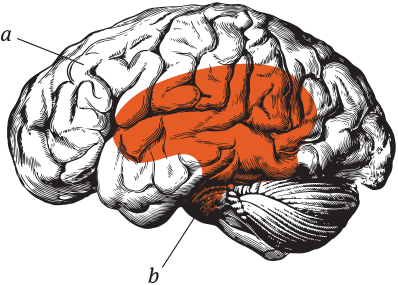Knowing your treatment options will help you recover.
Addiction is a brain disease that requires a treatment plan, just like other diseases. There are physical, psychological, and behavioral effects to address – and each person has unique needs.
It usually take a person hitting rock bottom before they decide to change and get help.
Below is simple instructions that will show you the different levels of treatment. You have options. Some may work and other may not. Your treatment plan needs to fit you.
“Be ready to work on the right treatment plan with your healthcare provider.”

Out Patient Services
Intensive Outpatient/Partial Hospitalization
Residential inpatient services
Medically Managed Intensive Inpatient
Treat the body. Treat the mind.
Addiction is a brain disease with both psychological and physical effects. Medication-assisted treatment combines therapy and medication in recovery to address them.
Counseling treats the psychological aspects of addiction and helps teach people effective recovery skills to prevent relapse.
Medication targets the physical aspects. Physical effects of the disease occur in the limbic region of the brain and have to do with the way the brain reacts and adjusts to the constant presence of drugs and alchohol.
a. The cortex is the outer layer of gray matter, responsible for decision-making, thinking, learning and willpower. You can treat the effects of addiction on the cortex with counseling.

b. The limbic region is the internal portion of the brain, responsible for rewards, pleasure and basic drives and urges. You can treat the effects of addiction on the limbic region with medication.
Buprenorphine
Buprenorphine is administered as a sublingual tablet, extended-release subcutaneous injection or a subdermal implant as directed by your healthcare provider.
Buprenorphine/naloxone
Buprenorphine/naloxone is a maintenance medication that prevents withdrawal symptoms. It does not require detox prior to starting and is used as part of a treatment program that requires counseling. Naloxone deters people from injecting the medication. Buprenorphine/naloxone is taken as a sublingual tablet or a sublingual film as directed by your healthcare provider.
Methadone
Methadone is an opioid maintenance medication. It does not require detox prior to starting and is used as part of a treatment program that requires counseling. Methadone is taken as an oral solution, liquid concentrate, tablet or powder as directed by your healthcare provider.
Naltrexone
Naltrexone is a medication that works by blocking the effects of opioids. It requires detox prior to starting and is used as part of a treatment program that requires counseling. Naltrexone is taken as a daily oral medication or a monthly injection as directed by your healthcare provider.
Group counseling
In group counseling, a person can learn from the experiences of others going through recovery. A counselor, psychiatrist or psychologist guides the group, providing opportunities to discuss issues that led to opioid dependence and ways to stay drug-free. For many people, talking to others with similar problems helps in their recovery and allows them to develop a support network.
Individual counseling
One-on-one therapy with a counselor, psychiatrist or psychologist could be helpful for someone who prefers a more private setting over a group environment. It provides the opportunity to examine the issues that led to opioid dependence and strategies for change.
Peer support group
Programs like Narcotics Anonymous and Alcoholics Anonymous are “12-step” programs that help people in recovery by helping support drug-free lifestyles. Meetings are usually led by people who have been through the program and are living successful lives in recovery.
Inpatient Based Therapy
Inpatient treatment in a hospital or residential treatment center gives around-the-clock recovery support in a live-in setting. It provides highly structured programs that generally offer both psychological and physical health assistance, including education, training and counseling for help in creating and maintaining a drug-free lifestyle.
Outpatient Based Therapy
Outpatient treatment doesn’t require overnight stays in a hospital or medical facility. Programs vary based on specific needs, but may run anywhere from a few sessions a week to nightly sessions. Because it’s generally more flexible than inpatient treatment, outpatient treatment gives people the flexibility to continue working and meeting personal responsibilities. However, it also places more responsibility on the individual to stay on the path to recovery.
Addiction is just a way of trying to get at something else. Something bigger. Call it transcendence if you want, but it’s like a rat in a maze. We all want the same thing. We all have this hole. The thing you want offers relief, but it’s a trap.
